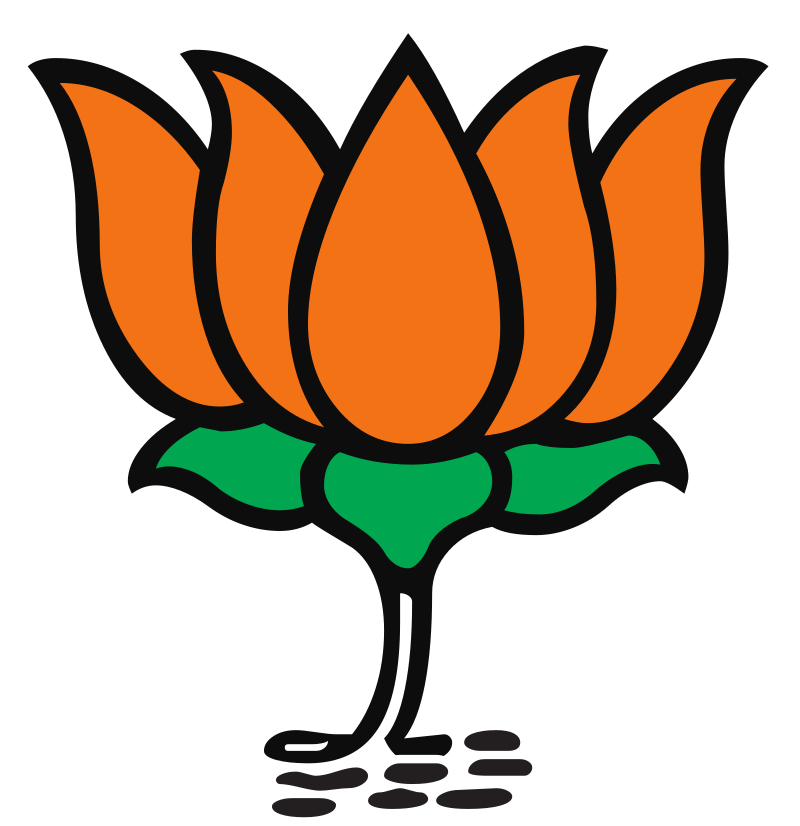
The Places of Worship Act, enacted in 1991, mandates that the religious character of any place of worship as it stood on August 15, 1947, must remain unchanged. Congress has framed its support for the law as a defense of constitutional principles, secularism, and social harmony. Senior leaders argue that any attempt to dilute the legislation risks reopening old wounds and destabilizing the fragile communal balance.
Congress officials allege that the BJP, under the guise of addressing historical grievances, is subtly encouraging challenges to the Act in courts. This, they claim, forms part of a broader agenda to keep communal tensions alive, which they argue serves political ends by mobilizing specific voter bases. The BJP has countered these accusations, defending its commitment to justice for historical disputes, including issues surrounding controversial religious sites.
The backdrop to Congress’s reaffirmation includes ongoing legal challenges to the Act. Petitions filed in the Supreme Court have sought to question the validity of the law, describing it as an infringement on the rights of Hindus to reclaim places allegedly converted during medieval rule. The legal debate has rekindled public discourse on the balance between historical correction and the need for communal harmony in a pluralistic society.
Congress leaders insist that the Act is not just a legislative tool but a moral and constitutional imperative. By codifying the status quo of places of worship, the law prevents disputes that could arise from attempts to change their character. It also seeks to ensure that secularism, enshrined as a basic feature of the Constitution, remains intact.
The party has also criticized BJP’s alleged inaction on growing instances of polarization. It claims that the ruling dispensation is tacitly allowing a climate where fringe elements feel emboldened to question the status of historical religious sites. Congress spokespersons have pointed to the contentious nature of some debates in the public domain, which they say are engineered to deepen communal rifts rather than resolve them.
The BJP has dismissed Congress’s criticism, suggesting it reflects a reluctance to confront uncomfortable aspects of history. Leaders from the party argue that the Act imposes an artificial freeze on justice for communities that feel aggrieved by perceived historical wrongs. They maintain that addressing such grievances through democratic and legal means is essential for reconciliation and closure.
Amid this political sparring, legal experts and civil society voices have weighed in on the implications of any amendment or repeal of the Act. Several legal scholars highlight the importance of the legislation in preventing the exploitation of religious sentiments for political gains. At the same time, they acknowledge the challenge of balancing historical justice with present-day societal stability.
The judiciary's role in determining the future of the Act has also come under scrutiny. While the Supreme Court has not yet given its verdict on the pending petitions, its observations in related cases underline the sensitive nature of the issue. The court has previously stressed the need for the government and society to approach such matters with caution to avoid exacerbating social tensions.
Congress’s strategy to spotlight the Places of Worship Act aligns with its broader positioning as a defender of secularism and minority rights. By targeting the BJP’s stance, the party aims to consolidate support among communities that view the legislation as a safeguard against majoritarianism. However, political analysts suggest that the issue’s resonance may vary across regions, depending on the electorate's priorities and the prevailing social climate.
